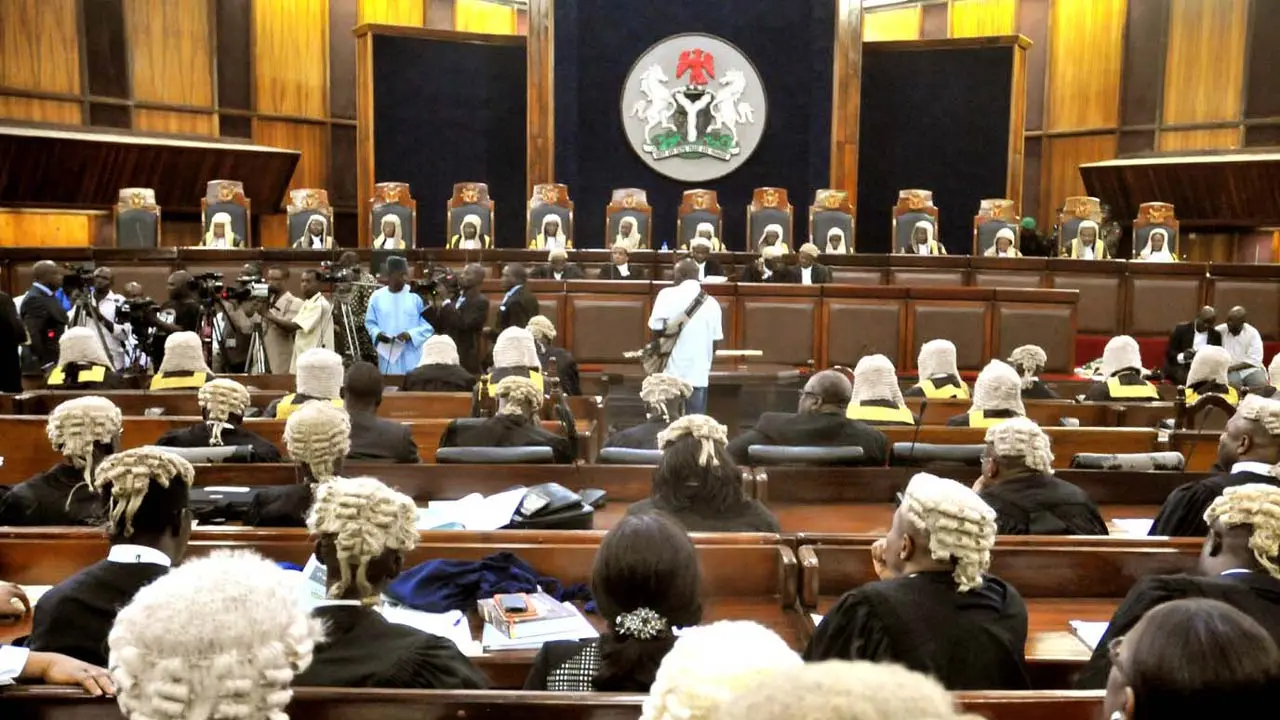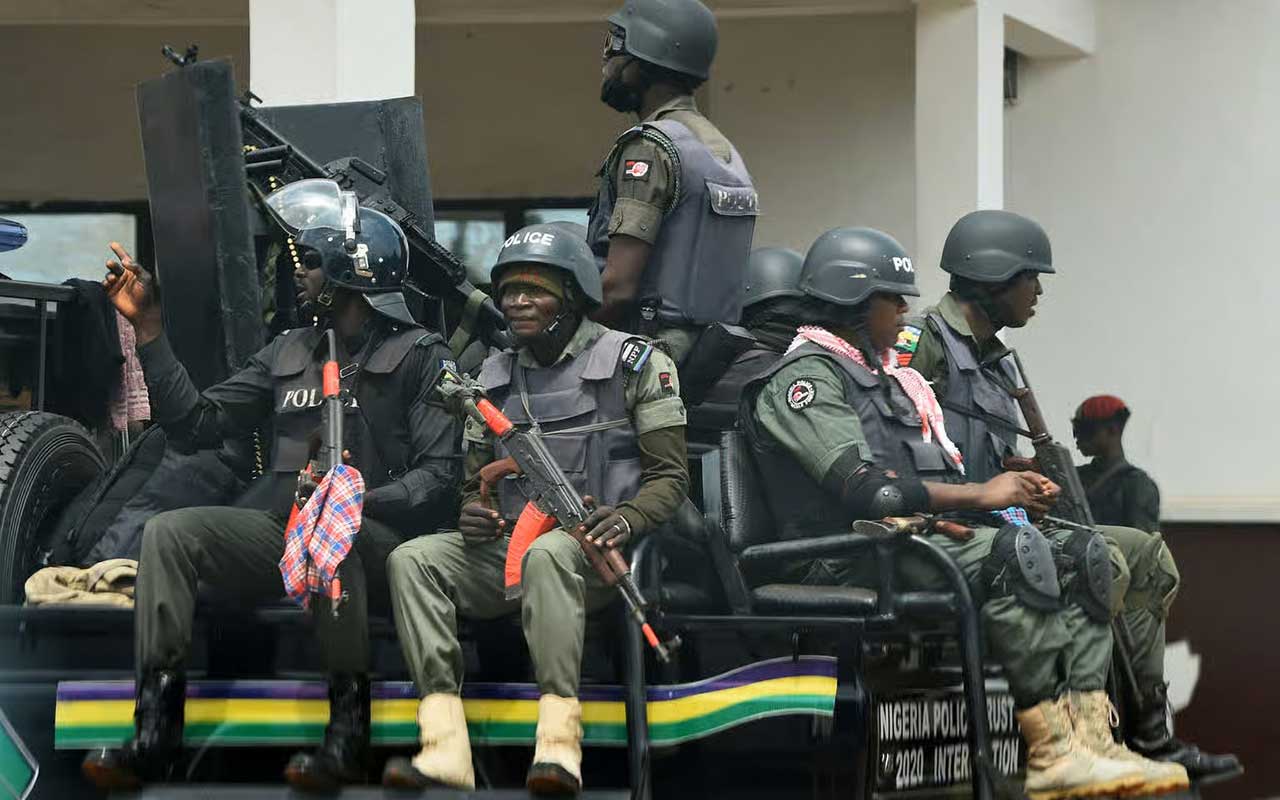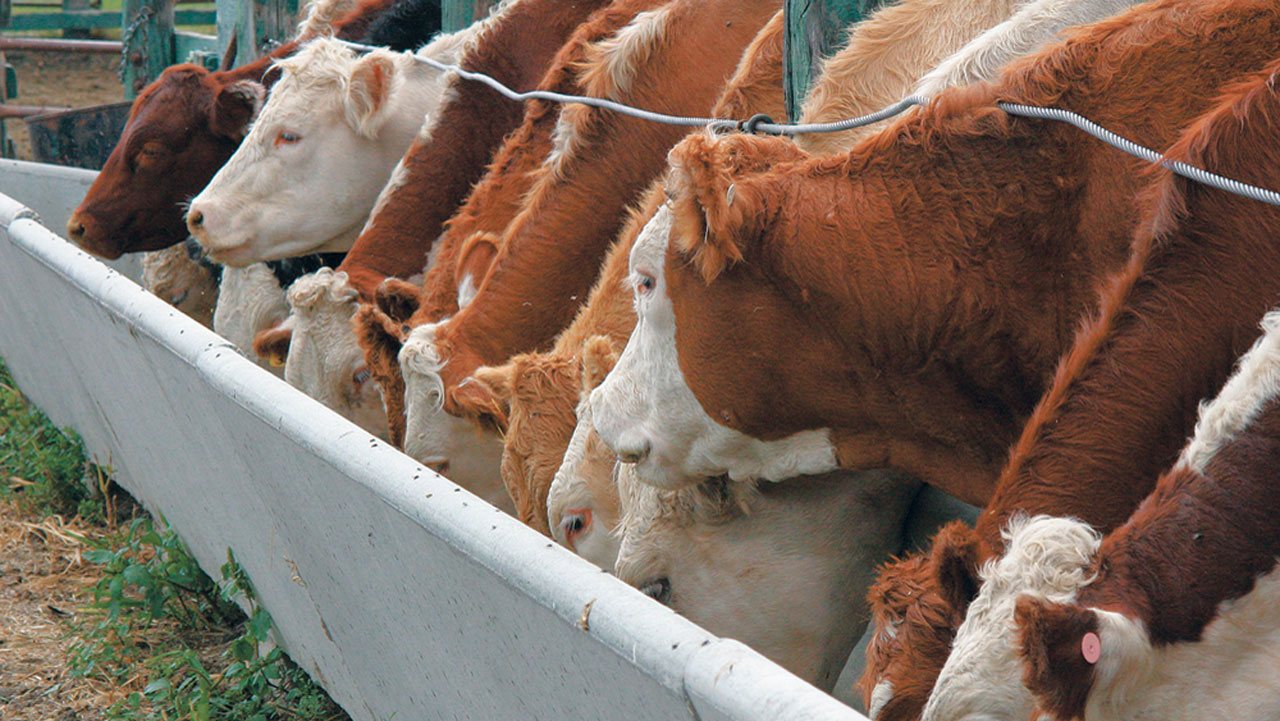
As I complete my term as Christian Association of Nigeria (CAN) President, I join hands across faith to call us all to a higher standard. As this week I am completing my six-year tenure as the president of the Christian Association of Nigeria, I am grateful that one of my last trips abroad was to the International Religious Freedom Summit 2022 in Washington, D.C. While there, I signed the Declaration for a Peaceful and Secure Nigeria with Sultan Sokoto, H.E Alhaji Muhammedu Sa’ad Abubakar (represented at the event by Prof. Usman Yusuf)
This is a difficult time for Nigeria, with ever-escalating security crises and an overwhelming loss of trust in government and unfortunately, so many crises in Nigeria have had a religious context. I recall the horrifying death of Deborah Emmanuel Yakubu, murdered by a mob because of allegations of blasphemy. Likewise the shocking attack on the St. Francis Xavier Catholic Church on Pentecost Sunday that left so many dead and nearly every day there seems to be another priest kidnapped of killed.
At the same time, I know that there are so many across Nigeria, Muslim and Christian alike, who abhor this violence, and only want to live at peace with their brethren of other faiths as we have done for so long. The Sultan of Sokoto is one of those men, and I thank him for how he has swiftly condemned these kinds of attacks. We will only build a stronger Nigeria that is able to tackle these urgent crises that are destroying our country from lack of security, accountability, and corruption, to conflicts between different people and faiths, to hunger and the economic situation – if we religious leaders determine together to truly lead our people.
That is why it was so important for the Sultan and me to sign this declaration, and to do so on the world stage at an important international forum. When I signed, I told the audience of my time working with the Sultan and others at the Nigeria Inter-Religious Council (NIRC). I emphasized how we at NIRC had supported a number of initiatives to bring people of different faiths together. We do that through religious education within our faiths. We also encourage learning about the beliefs of other faiths, as well as dialogue, especially amongst youth, so that they see each other as brothers. And we encourage reporting of any kind of violence or violent rhetoric, so that corrective or preventive measure can be effectively taken.
The declaration we signed lays out a number of principles that we all Nigerians can readily affirm. It states that “all people are endowed by the Creator with inherent value and fundamental rights, regardless of nationality, ethnicity, culture, religion or the many other differences that often divide us”, and that “essential freedom and dignity of every person must be respected and protected.”
The Declaration calls for collaboration amongst the “various traditions and faith communities present in Nigeria” in order to “advance the well-being of all and to resolve conflicts peacefully.” It also makes clear that we “unequivocally reject and condemn all use of violence and coercion to spread or hinder political or religious views and identities, or to demean ethnic, religion, or tribal affiliation.”
Especially with the upcoming election, we note our grave concerns of political and government representatives, sometimes religious representatives as well, have not taken seriously their full duty to promote peace and harmony amongst the people of Nigeria, which has contributed to numerous crises for our nation.
The Declaration then lists out these crises: “concerns of political representation and the possibility of a genuinely democratic governance; questions of judicial integrity and fairness; issues of governmental bias, corruption, and inaction; a grievous lack of security awing to terrorism, militancy, cycles of retaliation, kidnappings for ransom, sexual violence, and significant organized criminal activity; mass hunger and starvation; poor agriculture policies and lack of education for sustainable livestock-raising; mass displacement of people and poor security for them; and a hostile business environment and lack of jobs and education; among others.”
We finally affirm that “religious leaders play a special role in leading their communities, and have a duty to shepherd their communities in a way that promotes peace.”
Certainly, individuals will have different opinions as to the causes of and solutions to all of these problems. The Sultan and I have our differences, and we have shared them at length through the Inclusive Security Dialogue of which this Declaration signing was a part, organized by Vision Africa and Global Peace Foundation, with the support of ADF International.
But far more importantly, we both share a fundamental commitment to the unity of Nigeria and to work collaboratively toward solutions through peaceful and respectful means, affirming the dignity of one another and our brothers and sisters in Nigeria. We call upon all religious and political leaders, and all people of faith, to develop and promote solutions that are grounded in the shared values of our common humanity, and which protect and uplift the value, dignity and fundamental rights endowed by God to every person.
As I conclude my Presidency of the Christian Association of Nigeria, I am proud to have come together with Sultan of Sokoto to call us all to a higher standard.
Rev. Ayokunle, PhD is president, Christian Association of Nigeria.






